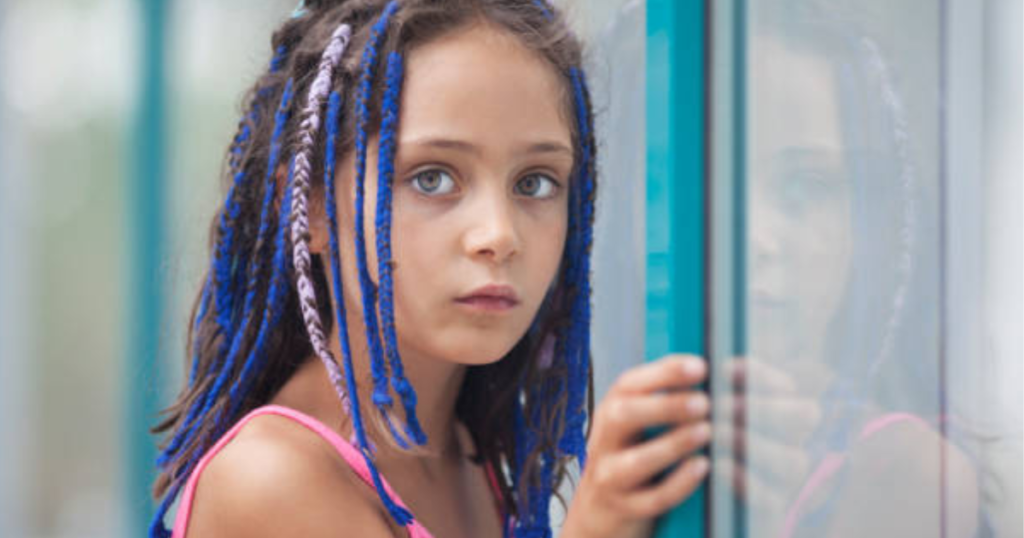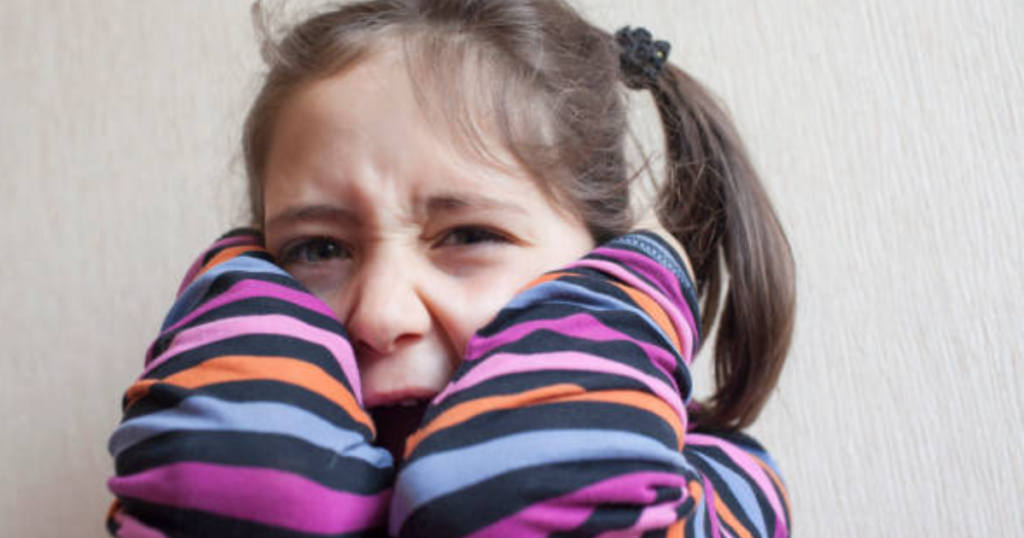Childhood Schizophrenia: Signs and Symptoms

Childhood schizophrenia is not as prevalent as schizophrenia in adults. Approximately 0.04% of individuals experience schizophrenia during childhood, compared to 0.25%–0.64% of adults in the United States who are affected by the disorder. However, as researchers gain more knowledge about schizophrenia in children and improve diagnostic methods, the occurrence of childhood-onset schizophrenia may increase.
What is childhood schizophrenia?
Schizophrenia is a severe mental illness characterized by long-term and debilitating effects on the brain. Childhood schizophrenia is a severe mental health disorder that impacts children under the age of 13. In children, this disorder manifests as atypical behavior and unusual emotions. The child may suddenly exhibit psychotic symptoms, which involve having peculiar ideas, thoughts, or emotions that are not grounded in reality.
The early stages of childhood schizophrenia can be challenging to detect. Psychotic symptoms typically emerge during the teenage years, particularly in the middle to late teens. Although there is a slight tendency for more boys to develop schizophrenia in childhood, the disorder affects both boys and girls equally as they enter adolescence.
What causes childhood schizophrenia?
The specific causes of childhood schizophrenia remain uncertain. Schizophrenia often has a hereditary component, showing a tendency to run in families. Additionally, researchers have identified several other factors that might contribute to the development of schizophrenia, such as:
- Birth complications
- Maternal malnutrition during pregnancy (when the mother does not receive adequate nutrition)
- Maternal exposure to specific viruses during pregnancy
What are the symptoms of childhood schizophrenia?
The symptoms of schizophrenia can vary in type and severity, fluctuating over time with periods of worsening and improvement. While certain symptoms may persist consistently, it can be challenging to identify schizophrenia in its early stages.
Early Signs and Symptoms
Recognizing schizophrenia in children and teenagers can be more challenging compared to adults, as the signs and symptoms may be similar but not as easily discernible in this age group. Early indicators may involve difficulties related to thinking, behavior, and emotions.
Cognitive
- Problems with reasoning and cognitive abilities
- Expression of bizarre ideas or speech
- Confusion between dreams or television content and reality
Behavior
- Social withdrawal from friends and family,
- Sleep disturbances,
- Decreased motivation, potentially affecting school performance,
- Inability to fulfill daily responsibilities like personal hygiene or dressing appropriately,
- Display of peculiar and toxic behaviors, and
- Episodes of aggression, violence, or restlessness.
Emotions
- Irritability or a prevailing sense of sadness,
- Reduced emotional expression or emotions that do not align with the situation,
- Unusual anxieties and fears, and
- Heightened suspicion or mistrust towards others.
Later Signs and Symptoms
As children with schizophrenia grow older, they begin to exhibit more typical signs and symptoms associated with the disorder. These signs and symptoms may include:
- Hallucinations: Sensory experiences of seeing or hearing things that do not exist. These hallucinations are perceived as real and can be vivid. Hearing voices is the most frequent type of hallucination, but they can occur in any of the senses.
- Delusions: False beliefs that are detached from reality. Examples include the belief of being harmed or harassed, misinterpreting gestures or comments, having extraordinary abilities or fame, thinking someone is in love with them, or anticipating a major catastrophe. Delusions are common among individuals with schizophrenia.
- Disorganized thinking: Disorganized speech patterns indicate impaired communication. Responses to questions may be unrelated or nonsensical. In some cases, speech may consist of jumbled and unintelligible words, often referred to as “word salad.”
- Disorganized or abnormal motor behavior: This can manifest in various ways, ranging from childlike silliness to unpredictable agitation. Behavior lacks focus and purpose, making it challenging to carry out tasks. Examples include resistance to instructions, unusual or bizarre postures, unresponsiveness, or excessive and purposeless movements.

When should you seek professional help?
In cases of early-onset childhood schizophrenia, symptoms tend to develop gradually. The initial signs and symptoms can be subtle, making it challenging to identify the underlying issue. These early indicators might be mistaken for typical developmental changes during the early teenage years or could be attributed to other mental or physical conditions.
As time progresses, the signs become more pronounced and noticeable. Eventually, the child may exhibit symptoms of psychosis, such as hallucinations, delusions, and difficulties organizing thoughts.
When faced with vague behavioral changes in your child, it can be challenging to determine the best course of action. You may fear jumping to conclusions that could potentially label your child with a mental illness. It is not uncommon for teachers or other school staff to bring changes in your child’s behavior to your attention.
If you have concerns about your child’s behavior or development, it is crucial to seek medical care promptly. Consulting with a healthcare professional will provide an opportunity to address and evaluate your concerns in a timely manner.
If you are looking for a trusted and safe place to ask for help, visit Mindshift Psychological Services. Learn more about their treatment programs on their website. You may also contact them at (714) 584-9700 to schedule an appointment.



